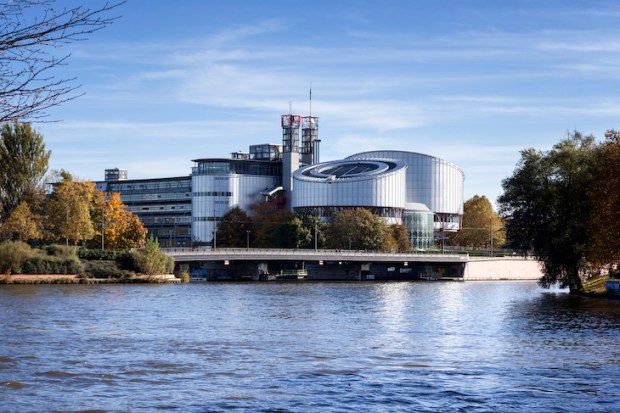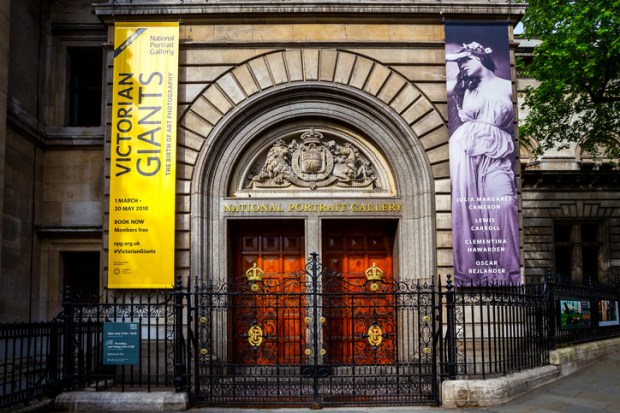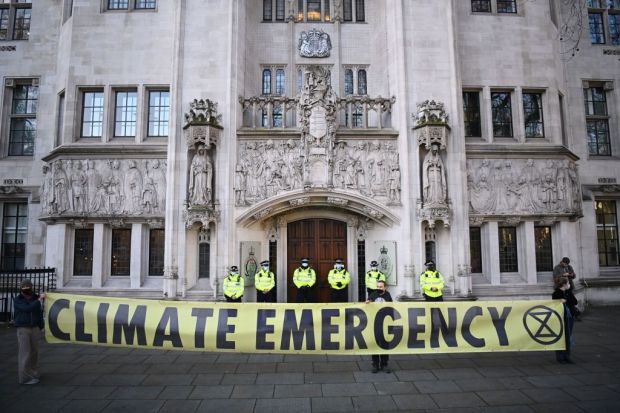Amnesty International and Stonewall are no strangers to criticising the government. This week they’ve been at it again: blasting Dominic Raab’s plans to make adjustments to the Human Rights Act by replacing it with a British Bill of Rights. But they are wrong to attack an approach that most Brits will realise is perfectly sensible.
Raab’s plan, which was set out in the Queen’s Speech yesterday, is simple. Britain will remain in the European Convention on Human Rights when it comes to international matters, but when interpreting domestic laws, it will change its emphasis slightly. Our courts will be required to downplay decisions of the Strasbourg court, which has in the last 30 years or so interpreted the Convention in a remarkably free-wheeling way and correspondingly cramped national governments’ style. Strasbourg’s decisions will be a mere guide to the meaning of the Convention in Britain, with our judiciary ultimately responsible for interpreting it. This is surely a wise approach. and won’t lead to the dire consequences that organisations like Stonewall have warned about.
There is a prospect of a legislative shift in another area too: the balance between free speech and the press when it comes to privacy rights. In practice, Strasbourg has tended to favour the latter over the former, and the UK courts have loyally followed; most recently in the Sussex case, after the Court of Appeal upheld Meghan Markle’s privacy case against the Mail on Sunday. Raab proposes to flip the balance.
So why are the likes of Stonewall – as well as the dozens of others that signed the letter this week – so viscerally opposed to Raab? Apart from a technicality regarding Northern Ireland, which is a special case on account of the Good Friday Agreement, the attack breaks down into three things.
First, that weakening the domestic effect of the Convention would undermine Strasbourg and question its legitimacy. Secondly, that it could cost the UK its position as a ‘global leader on human rights’ and risk making it more like Poland or Hungary; both are said to be ‘drifting towards authoritarianism’. And finally, that it would remove people’s ability to use the courts to confront failures by governments or public bodies to address their concerns: for example, police investigation of violence against women, or Northern Ireland’s failure to legalise abortion.
Look a bit more closely, however, and you might hear the agonised cry of the British progressive elite, scared that its comfortable ascendancy is under serious threat if Raab succeeds in turning over the subject of human rights to the ordinary political process. The European Court of Human Rights is an overwhelmingly liberal and cosmopolitan body. By nature it sees things in abstract and universalistic terms and views its function as gently nudging nation states towards its own enlightened world view. No surprise, then, if parts of the British establishment – who prefer to fight their corner through the courts rather than actually getting down and dirty with voters or politicians – view any transfer of powers over human rights back to Westminster with alarm.
But to most Brits, Raab’s plan comes across as a surprisingly grown-up and nuanced one. Asking all ECHR members to respect a degree of free speech and privacy makes perfect sense. But there is no reason why the boundary between them should not be radically redrawn in Britain, with its tradition of boisterous speech without too much regard to others’ sensibilities. Some countries, such as Germany, have a tradition of resolving political differences through the courts. But Britain is under no obligation to follow suit, or accept the view that the more important an issue of social policy, the more crucial it is to move it away from the ordinary political process and into the hands of judges supposedly protected from popular influence.
If this view is right, then Raab’s plan immediately falls neatly into place. The ECHR judges should take more of a back seat. In the camp of thought that civil rights ought, extreme instances aside, to be seen as largely dependent on national institutions and be interpreted consistently with them, it makes sense that the heavy lifting should fall to national courts when it comes to interpreting them.
Will the European Court of Human Rights swallow this approach? While it’s possible that Strasbourg could undermine the interpretation of the ECHR by Britain’s courts, repeatedly find against Britain and cause us embarrassment, the matter may be more nuanced. For one thing the judges of the Human Rights Court have sensitive political antennae; they might well use a good deal of guile to avoid any such clash. They would find it uncomfortable to be seen telling a democratically elected government that, because of its Bill of Rights, its press was too free for their liking and its victims had too few rights to suppress stories about themselves.
There is also another more veiled, but nevertheless important, point here. Raab has said that the UK intends to remain a party to the Human Rights Convention. Rightly so, for the moment. But this should not be an unconditional commitment: if Strasbourg continues to oppose clearly democratically legitimate UK legislation, calls to give our six months’ notice and denounce the ECHR entirely will make a hasty return. The judges in Strasbourg need to bear this, and the consequences of obstinately continuing to insist that Britain adhere to a one-size-fits-all conception of human rights, in mind. On this point at least, the ball will stay very firmly lodged in Strasbourg’s court.
Got something to add? Join the discussion and comment below.
Get 10 issues for just $10
Subscribe to The Spectator Australia today for the next 10 magazine issues, plus full online access, for just $10.



















Comments
Don't miss out
Join the conversation with other Spectator Australia readers. Subscribe to leave a comment.
SUBSCRIBEAlready a subscriber? Log in